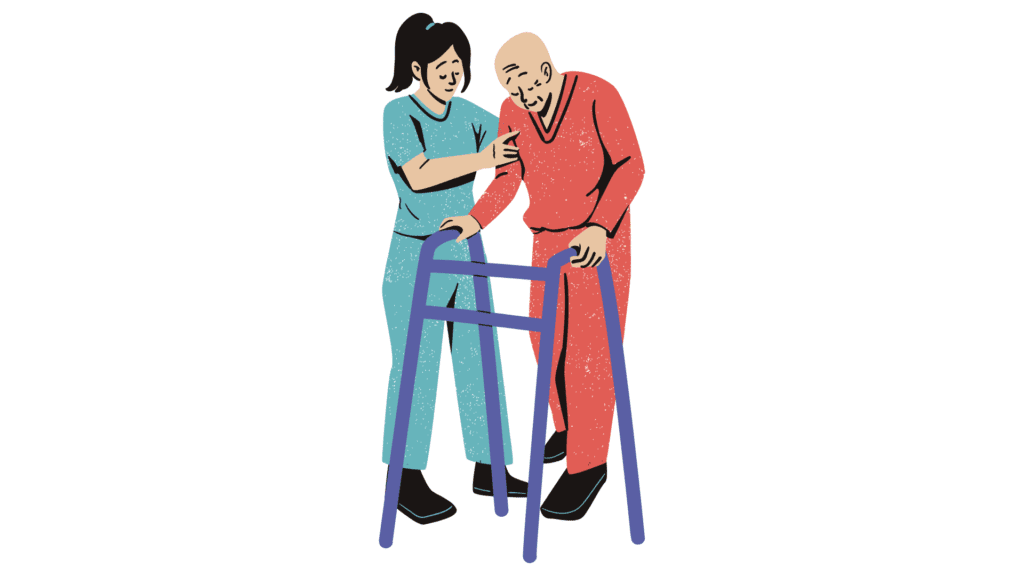What Happens when Medicare Stops Paying for Nursing Home Care?

Think Medicare’s going to cover your long-term nursing home stay? Think again.
Let’s talk about what actually happens when those Medicare benefits run out, and how to avoid a financial crisis when they do.
Medicare Coverage Reality Check
First up – let’s bust some myths about Medicare and nursing homes.
Here’s what Medicare actually covers:
- Up to 100 days of skilled nursing care
- Only after a 3-day hospital stay
- Only in a Medicare-certified facility
- Only for rehabilitation (not long-term care)
And here’s the kicker with costs:
- Days 1-20: Medicare pays everything
- Days 21-100: You pay $200 per day (2025)
- After day 100: You’re on your own
When Medicare Cuts Off
After researching this article, here’s what really happens when Medicare stops paying:
The Hard Truth:
- Average nursing home cost: $9,032 monthly
- Facilities want payment plans
- You need a backup strategy
- Fast decisions become necessary
Payment Options That Work
Let’s talk about how to actually pay for care when Medicare says “bye”:
Medicaid: The most common solution, but you’ll need to:
- Meet strict income limits
- Qualify by state rules
- Find facilities that accept it
Long-Term Care Insurance: If you planned ahead and bought it, this can be a lifesaver. But it’s too late if you’re already in care.
Veterans Benefits: A good option if you qualify, but navigation can be tricky.
Alternative Care Choices

Sometimes you need to think beyond the nursing home:
Assisted Living:
- Less medical care
- More independence
- Usually cheaper
Home Health Care:
- Stay in your house
- Get needed support
- Often more affordable
Family Caregiving: Works for some, but be realistic about:
- Physical demands
- Time commitment
- Family dynamics
Smart Planning Steps

Here’s how to avoid crisis mode:
- Start Early:
- Research Medicaid eligibility
- Look into insurance options
- Build emergency funds
- Know Your Rights:
- Discharge notices required
- Appeal rights exist
- Patient protections matter
- Get Help:
- Talk to elder law attorneys
- Consult financial advisors
- Research care options
In summary Medicare’s nursing home coverage isn’t designed for long-term care. But with proper planning, you can avoid the financial shock when it ends.
Start planning for the end of Medicare coverage before you ever need it. Because the only thing worse than paying for nursing home care is not being ready to pay for it.
